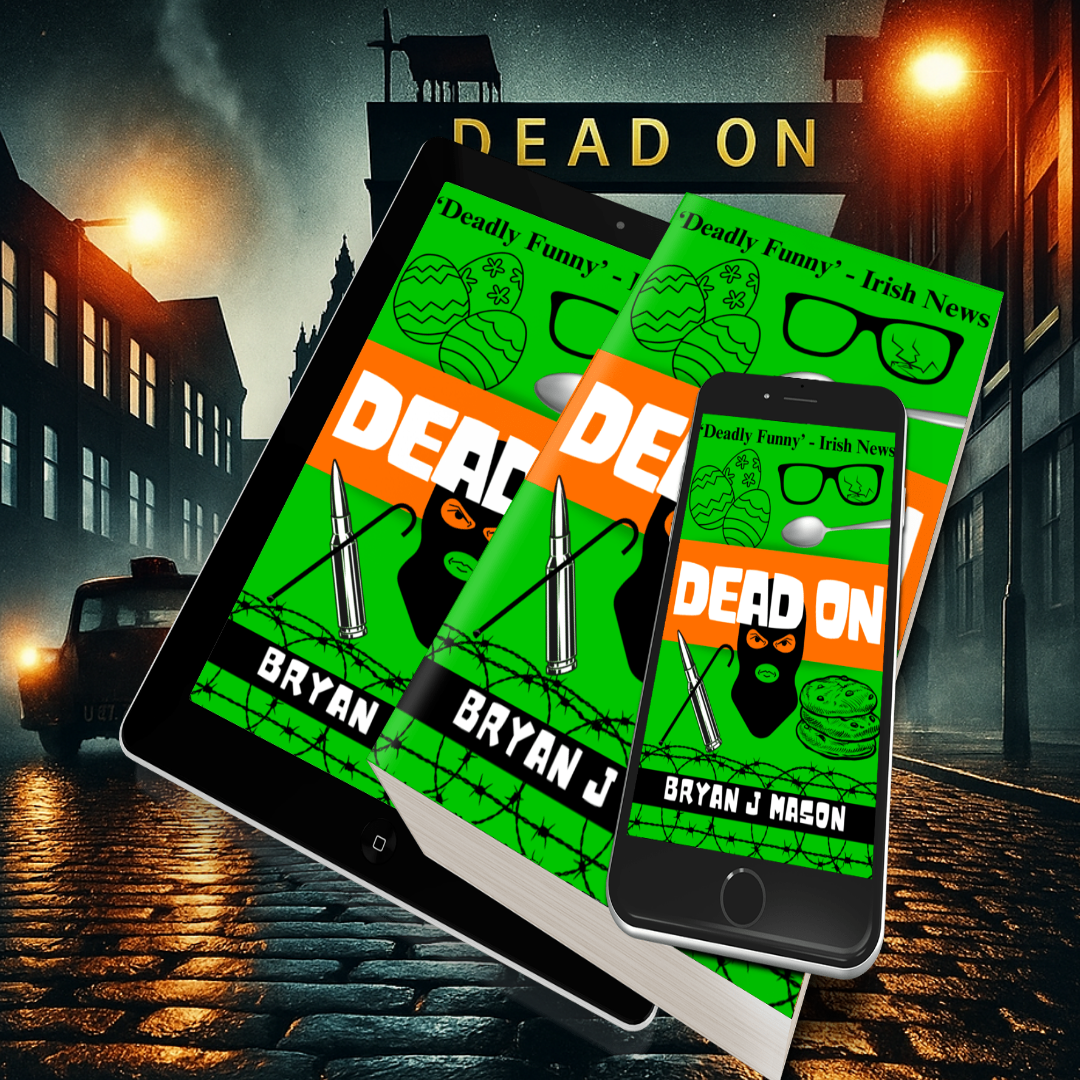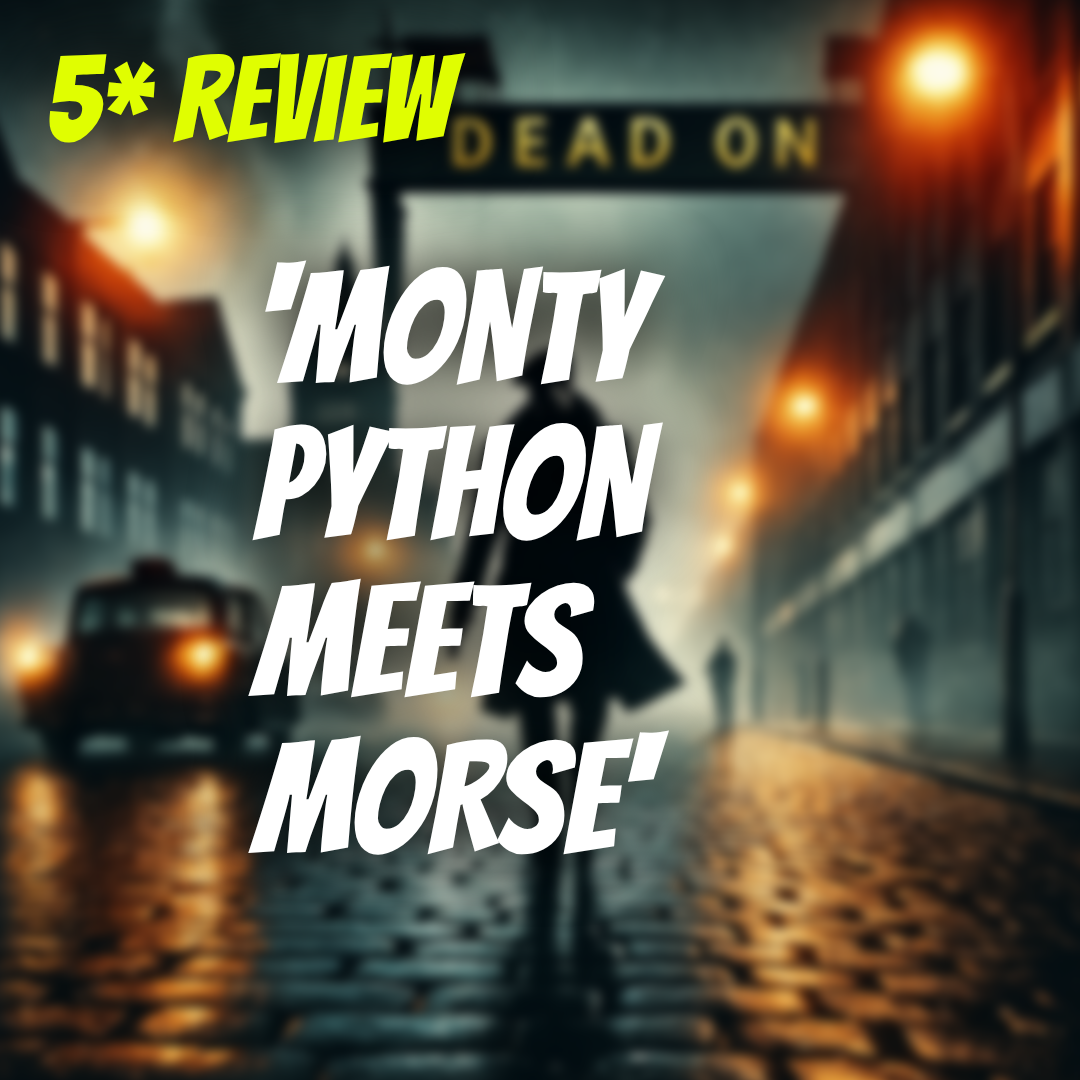 Written By Annamaria Altieri — Set in 1912 in the British Protectorate of East Africa (now Kenya), The Idol of Mombasa is Alfieri’s second novel featuring Justin and Vera Tolliver. They fell in love in Alfieri’s first book, Strange Gods, and in this book are newlyweds, embarking on a none-too-welcome assignment for Justin as the Assistant District Superintendent of Police in the steamy, smelly coastal city of Mombasa, where you almost feel the heat rising off the page. Vera would prefer that Justin leave the police force altogether and move to the beautiful country to the north, but Justin isn’t ready for that quieter kind of life.
Written By Annamaria Altieri — Set in 1912 in the British Protectorate of East Africa (now Kenya), The Idol of Mombasa is Alfieri’s second novel featuring Justin and Vera Tolliver. They fell in love in Alfieri’s first book, Strange Gods, and in this book are newlyweds, embarking on a none-too-welcome assignment for Justin as the Assistant District Superintendent of Police in the steamy, smelly coastal city of Mombasa, where you almost feel the heat rising off the page. Vera would prefer that Justin leave the police force altogether and move to the beautiful country to the north, but Justin isn’t ready for that quieter kind of life.
In Mombasa, they find themselves in a deliciously rendered stewpot of mixed racial, ethnic, religious, and cultural backgrounds and loyalties. Though the local government is British, Mombasa has a significant Arab population which is under the influence of the Sultan of Zanzibar. The British have introduced into the police service their loyal Indian subjects, and Africans of many tribes fill the population. Even Justin’s trusted assistant, Kwai Libazo, has a dual lineage – half Maasai, half Kikuyu.
The Tollivers are a mix too. Justin is the second son of a Yorkshire earl who had a conventional if aristocratic upbringing, but possesses no fortune. He ended up in Africa, serving both his native country and the adopted region he’s come to love. By contrast, Vera was born and raised in Africa as more of a free spirit, the daughter of a Scottish missionary who settled with his family in the Protectorate’s pastoral up-country region.
The conflicts inherent between and among such wildly diverse people are tailor-made for both societal and domestic drama.
The novel’s prologue describes a daring nighttime slave and ivory smuggling operation, and the book’s central dilemma relates to the illegal, but quietly tolerated practice of holding and selling slaves. Alfieri paints Vera as an abolitionist, unable to countenance slavery in any form, whereas Justin may be as morally opposed, but constrained by unwritten policy and his superiors.
When a runaway slave is murdered, followed soon after by the death of a notorious Arab slave-trafficker, Justin and Vera both set out to find the perpetrator, he in his official capacity and she with secret, possibly risky – and sometimes unaccountably naïve – actions of her own. Conflict between the couple is thereby assured, as Justin alternately admires and is frustrated by Vera’s passionate, impulsive actions.
Alfieri and fellow author MIchael Stanley created the Sunshine Noir collection of crime fiction stories. Not surprisingly, her descriptions of Mombasa and its environs vividly evoke the setting: the colorful bazaar, with its narrow passageways, innumerable food stalls, and tiny shops, the stifling government offices, and the surrounding jungle filled with dangers such as snakes. Her writing is clear and interesting, though not literary, yet somehow the narration doesn’t evoke a strong sense of menace, despite the cast of desperate characters and perilous environment.
Several simultaneous dilemmas confront the Tollivers, and Alfieri keeps all these plot balls moving. Justin has to deal with the visit of the Grand Mufti of Egypt, a delicate diplomatic matter at any time, much less when an Arab is murdered, while Vera wants to fulfill her father’s request that they aid a local missionary who’s under increasing police suspicion. The murdered slave had sought refuge with the missionary and his sister. Could either or both of them be responsible for the slave-trafficker’s murder? Even Kwai Libazo complicates the situation by becoming romantically involved with a Somali prostitute in mortal danger from her father and brothers. It’s a love-at-first-sight situation, at least for Libazo, that’s a little too easy and feels more for plot purposes than anything else.
The intriguing secondary characters who keep these plots rolling have multiple motives and hidden agendas. Early on the couple meets Carl Hastings, the epitome of the arrogant, racist colonial. Alfieri doesn’t make blustering missionary Robert Morley too sympathetic, either – a good choice that increases the depth of his character. Through this and many other small decisions she gives her characters dimension and realism. As a result, this atmospheric novel transports you back in time and across continents to set you down in the middle of Mombasa, 1912 – another in a recent run of strong historical crime fiction.
Felony & Mayhem
Print/Kindle/iBook
£5.61
CFL Rating: 4 Stars









